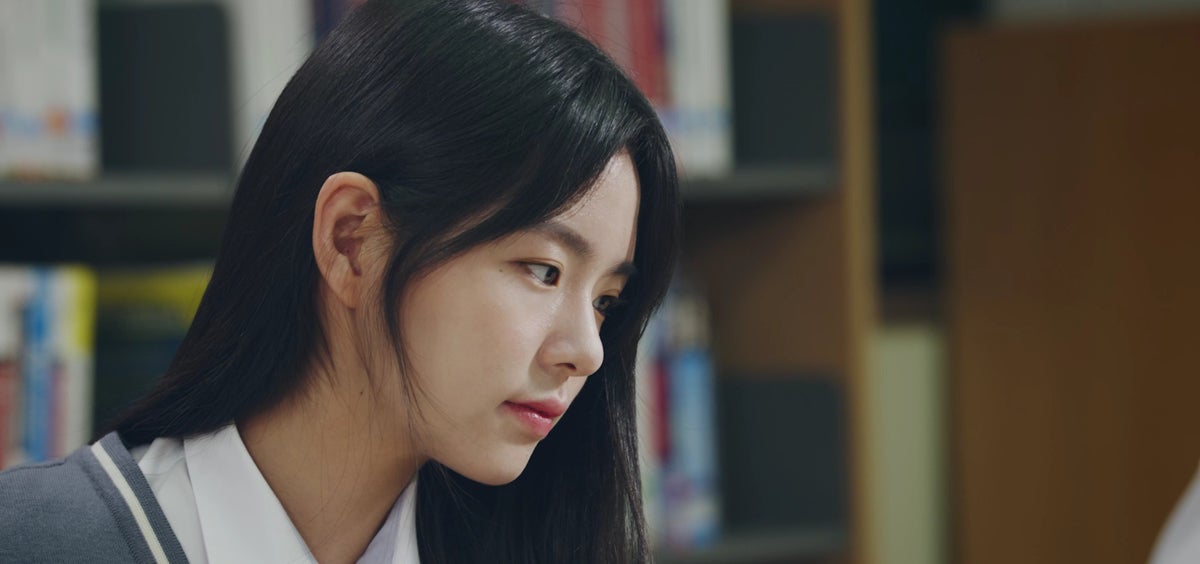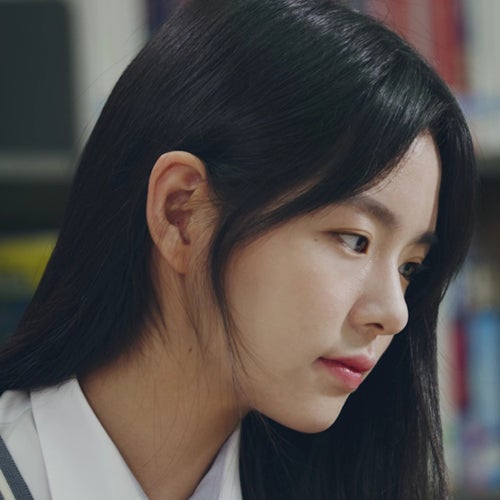Beijing+30 Youth Blog: Feminism and Media in South Korea
Date:

This February, a video of a man arguing on a street in Seoul amidst a feminism and women's rights campaign reached nearly ten million views on social media. It quickly became a 'meme', mocking the situation, followed by a slew of negative remarks about feminism.
The definition of 'feminism' portrayed by some South Korean media is quite radical. It leans more towards misandry -prejudice against men- rather than embracing its original meaning: 'equality between genders'. Online communities criticizing feminism consist of tens of thousands of members, and those promoting misandry, aren't much different. The term 'femi', short for feminist, is used as a fervent insult, placed on people who voice out their interest in women’s rights. This leads to the conclusion that Korean feminism is perceived as an unjust movement. Speaking about feminism can be a risky act in South Korea, and it is considered to contribute to gender disparities.
As someone born Korean but having spent my early years in California and international schools, I’ve been exposed to diverse backgrounds and cultures from an early age. This has shaped my understanding of feminism today, which differs from what I am experiencing nowadays in the bustling city of Seoul. I identify myself as a feminist, but I choose not to express it out loud, especially on the Internet. And it isn’t just me- so many young advocates are silenced by the extreme picture some Korean media paints of feminism.
In classrooms, it’s even worse. Teenagers who are more likely to be exposed to media literacy and content, directly accept the misperceptions that they’re offered. I once found my classmates debating whether LGBTIQ+ should be classified as a mental illness (!). When I inquired, this line of questioning started from a TikTok video.
Unfortunately, almost 30 years after the Beijing Declaration and Platform for Action was adopted, not much has changed about the media depiction of gender diversity.
Media plays a significant role in perpetuating and challenging social norms that condone discrimination or violence against women. The current scenario clearly reflects this, especially when it comes to South Korea. Take the example from the first paragraph: A single video of less than a minute received an excessive amount of interest, and a single negative comment led to thousands of others. In these short seconds, numerous misperceptions and stereotypes were generated and perpetuated, yet we are not aware of it. We do not fully understand the power of media, particularly social media, as we are veiled under anonymity. Yet our words on the internet are a defining factor for the future of gender equality.
As social media continues to be one of the main sources of information, it is crucial that we properly examine what we post online. Content that stimulates hatred towards feminism and LGBTIQ+ contributes to polarization, as young students learn from media and their perceptions are shaped by representation.
Biography:

Eunbin Amylia Hong (she/her) is a junior attending Cheongshim International Academy located in Gapyeong, South Korea. At school, she serves as a student ambassador/model, editor-in-chief for the school publication, head of varsity Model UN, the dance team, and many others. With an avid interest in international law and women's rights, she is working on a project to enhance media representation of women's rights and feminism. She is also the founder of BrightHer, and secretary of GirlUp HSSK, a youth/women advocacy organization. As an artist, she focuses on portraying women's anatomy and emotions.
 @amyylia_h |
@amyylia_h |  Eunbin (Amylia) Hong
Eunbin (Amylia) Hong